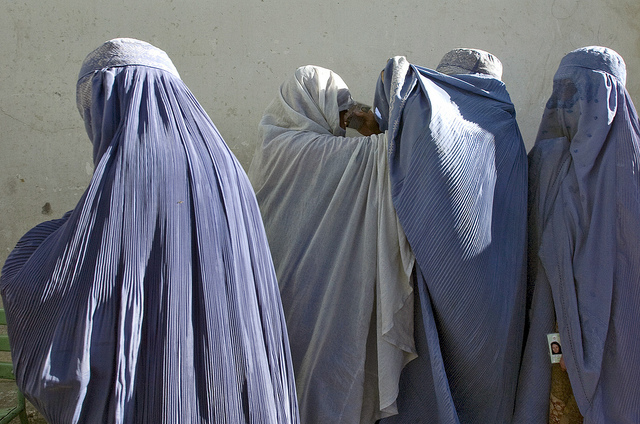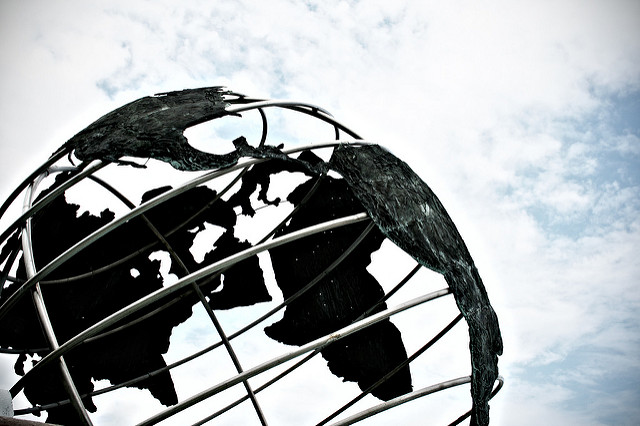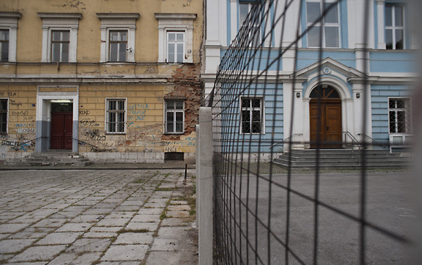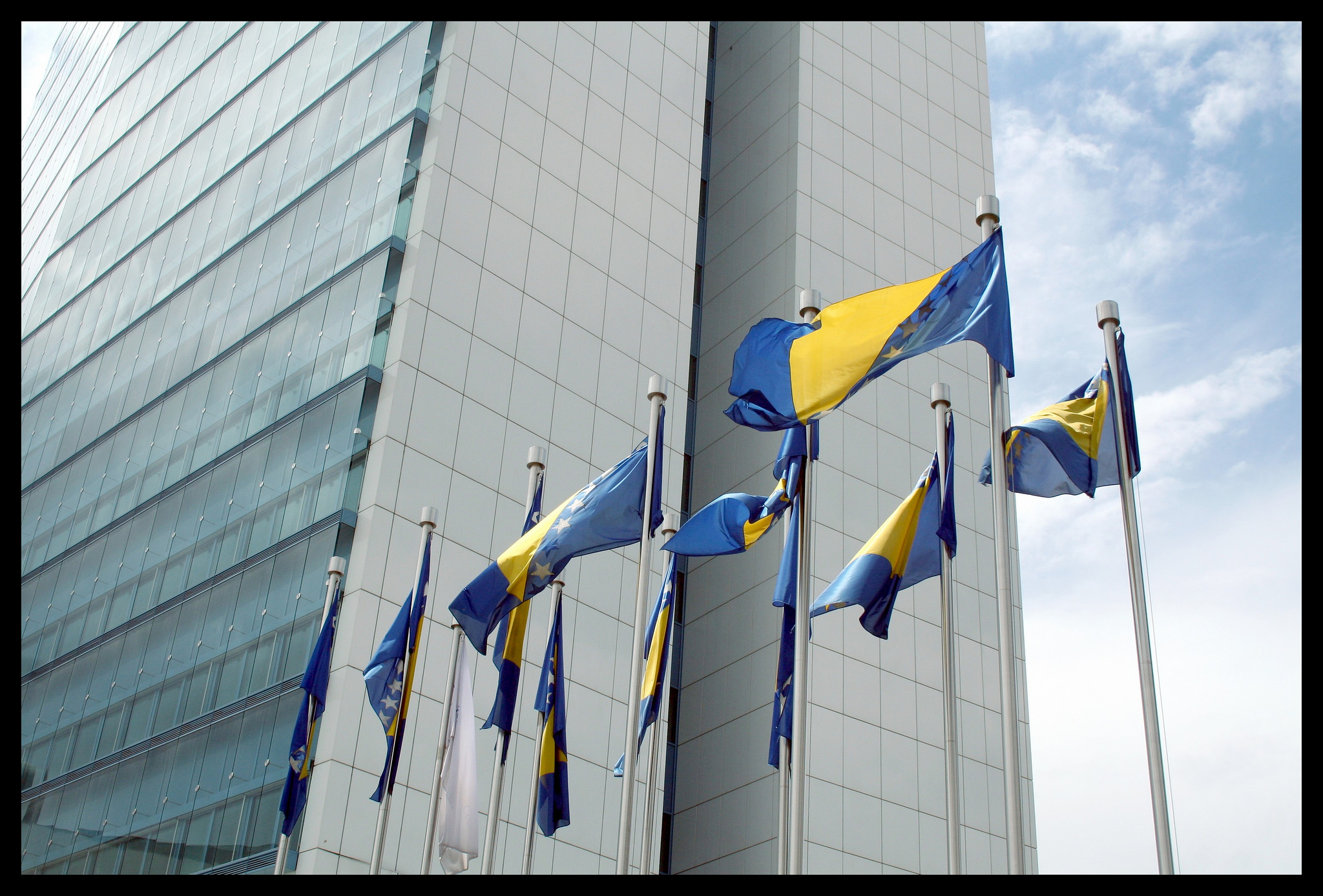
Last week I posed a puzzle that asked two questions: First, why would voter turnout be relatively high in elections predicted to experience significant fraud? Second, why would any party choose to boycott an election?
This is not my area of expertise so I’ll try to piece together an answer from the scholarly literature in American politics. Studies by G. Bingham Powell Jr. and others have found that citizens (at least in the United States) are influenced by a variety of factors when they decide to vote: (1) individual characteristics such as age, income, education and race, (2) personality — a sense of civic duty and interest, (3) the ease of voting due to institutional/electoral structure — registration requirements, vote by mail etc., (4) campaign specific factors such as spending and types of candidates, and (5) the degree to which voters are effectively mobilized. Given the right mix of demographics, convenient registration rules, popular candidates, and get-out-the-vote campaigns, and voter participation is high.
One answer to the question posed above, therefore, is that the same factors should hold true whether an election is fraud-free or not. A single person’s vote rarely decides an election, so it’s these other factors that are driving people to the polls.
But there’s a second answer that may explain high voter turnout in fraudulent elections in developing democracies. It has to do with the incentives incumbents have to artificially elevate voter participation in order to stay in the good graces of Western donors. Unlike leaders in advanced democracies such as the United States, leaders who are expected to engage in ballot stuffing and other violations benefit from high turnout because it gives the election an air of legitimacy. Assume that citizens are uncertain about the degree of fraud that is likely to occur and that this influences their decision to participate. The more fraud they believe will occur, the less influence their vote will have, and the less likely they are to vote. But let us also assume that candidates understand this pattern and take measures to counter it. The more fraud candidates expect to engage in, the more inducements they know they must offer in order to convince voters to participate.
The question then becomes: why would candidates care so much about participation? The answer, I believe, is that participation gains them legitimacy in the eyes of outside patrons, international organizations, and aid agencies. It’s a win-win. High turnout signals that the election had some legitimacy in the eyes of citizens even if fraud occurred, allowing outsiders to continue to support the regime. High turnout also doesn’t threaten to change the outcome since the outcome was pre-ordained from the start.
Is this really what explains the relatively high turnout at some polling booths in Afghanistan last week or in other new democracies? I don’t know. We’d need a lot more data before we could say that. In the meantime, however, it’s a puzzle worth thinking about since the phenomenon in unlikely to go away anytime soon.







4 comments
Don’t forget the tribal instinct & herd behavior.
Anyone familiar with Boston politics sees these almost daily.
Interesting post. Arturas Rozenas explores a related question (“Why do governments hold elections that lack credibility?”) in a paper here: http://people.duke.edu/~ar71/public_html/Papers_files/forcedconsent2012.pdf.
Even if an election is completely honest, the influence of a single vote on a large one is negligible. Fraud or freedom from it does not make any difference. So the question of why people vote in large elections is an interesting one in general.
Very interesting, a few thoughts:
1. Accepting your logic, opposition parties would likely see through this, and the opposition-sponsored boycotts mentioned in original puzzle question would occur.
2. I doubt high turnout alone will give international legitimacy, IOs would probably not give stamp of approval for election on the basis of high turnout if other major fraud occurred.
3. It seems the underlying assumption of the original question is that voting in fraudulent elections counts as a sign of approval of the electoral process, but it’s not clear to me that it is. Staying home could also benefit a cheating incumbent.